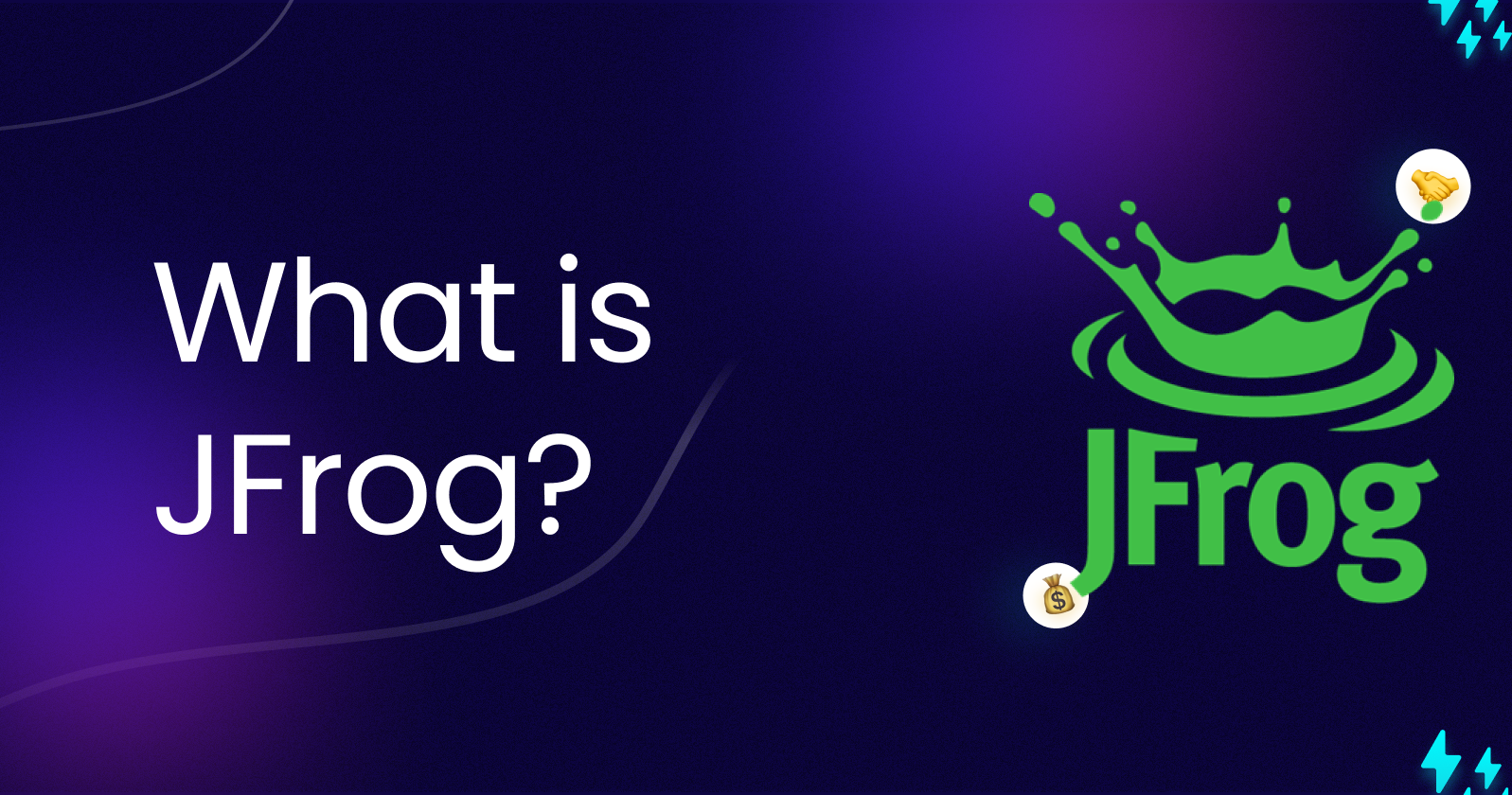JFrog: Revolutionizing DevOps with Universal Artifact Management
 Prahlad Inala
Prahlad Inala
Introduction to JFrog
JFrog is a leading provider of universal artifact management solutions, catering to the needs of modern software development and DevOps teams. Founded in 2008, JFrog has played a significant role in transforming how organizations manage, distribute, and secure their software artifacts. Its suite of products, including Artifactory, Bintray, Xray, and Mission Control, have become indispensable tools for millions of developers worldwide.
Key Components of JFrog
Artifactory: Artifactory is the flagship product of JFrog and serves as a universal artifact repository manager. It supports various package formats such as Maven, Gradle, npm, Docker, PyPI, and more. Artifactory provides a central repository to store and manage all types of artifacts, ensuring consistency and reliability across the entire development lifecycle.
Bintray: Bintray is a powerful distribution platform that enables developers to publish and share their software packages with users worldwide. With features like version control, download statistics, and entitlement management, Bintray facilitates seamless software distribution to end-users, customers, or other teams.
Xray: Xray is a comprehensive and highly scalable software composition analysis (SCA) tool that focuses on security and compliance. It scans artifacts in Artifactory for security vulnerabilities and license violations, enabling teams to proactively identify and address potential risks in their dependencies.
Mission Control: Mission Control is an advanced centralized control and monitoring tool for managing multiple instances of Artifactory. It provides a comprehensive view of all Artifactory instances, streamlining administration and monitoring tasks across distributed teams and locations.
Key Features of JFrog
Universal Artifact Management: JFrog's Artifactory is designed to be a universal repository manager, supporting a wide range of package formats and integration with popular build tools and CI/CD platforms. This allows developers to manage all their artifacts in a single, unified platform.
High Availability and Replication: Artifactory supports high availability through clustering and replication. This ensures seamless availability and performance even in complex distributed environments.
Build Promotion and Release Management: With Artifactory, teams can implement robust build promotion and release management workflows. It enables developers to promote builds through different environments, ensuring controlled and reliable software releases.
Integration with CI/CD: JFrog's products seamlessly integrate with various CI/CD tools, such as Jenkins, TeamCity, and Bamboo. This integration streamlines the build, test, and deployment processes, ensuring smooth automation across the development pipeline.
Continuous Security and Compliance: Xray provides continuous monitoring for security vulnerabilities and license compliance issues in software dependencies. It helps organizations maintain software quality and security while reducing the risk of potential security breaches.
How JFrog Benefits DevOps Teams
Streamlined Artifact Management: JFrog's universal artifact repository manager simplifies artifact management, ensuring consistent, version-controlled, and efficient handling of artifacts throughout the development lifecycle.
Accelerated Software Delivery: By providing a reliable and scalable platform for managing and distributing artifacts, JFrog empowers teams to speed up their software delivery processes, reducing time-to-market and increasing development agility.
Enhanced Security and Compliance: JFrog's Xray enhances the security posture of software by proactively identifying and addressing security vulnerabilities and license compliance issues. This ensures that organizations can release software with confidence.
Centralized Visibility and Control: JFrog's Mission Control provides centralized visibility and control over multiple Artifactory instances, making it easier for administrators to monitor and manage their artifact repositories efficiently.
Promotion of Best Practices: JFrog's solutions promote best practices in DevOps, such as using immutable artifacts, implementing artifact signing, and maintaining a secure and efficient CI/CD pipeline.
Conclusion
JFrog has revolutionized DevOps practices with its comprehensive and innovative artifact management solutions. By offering a universal artifact repository manager, a powerful distribution platform, and advanced security and monitoring tools, JFrog enables organizations to streamline their software development and delivery processes. Its focus on security, scalability, and automation has made JFrog a go-to choice for developers and DevOps teams worldwide, helping them achieve faster, more secure, and more reliable software releases.
Subscribe to my newsletter
Read articles from Prahlad Inala directly inside your inbox. Subscribe to the newsletter, and don't miss out.
Written by

Prahlad Inala
Prahlad Inala
Freelance website development and design are my areas of expertise